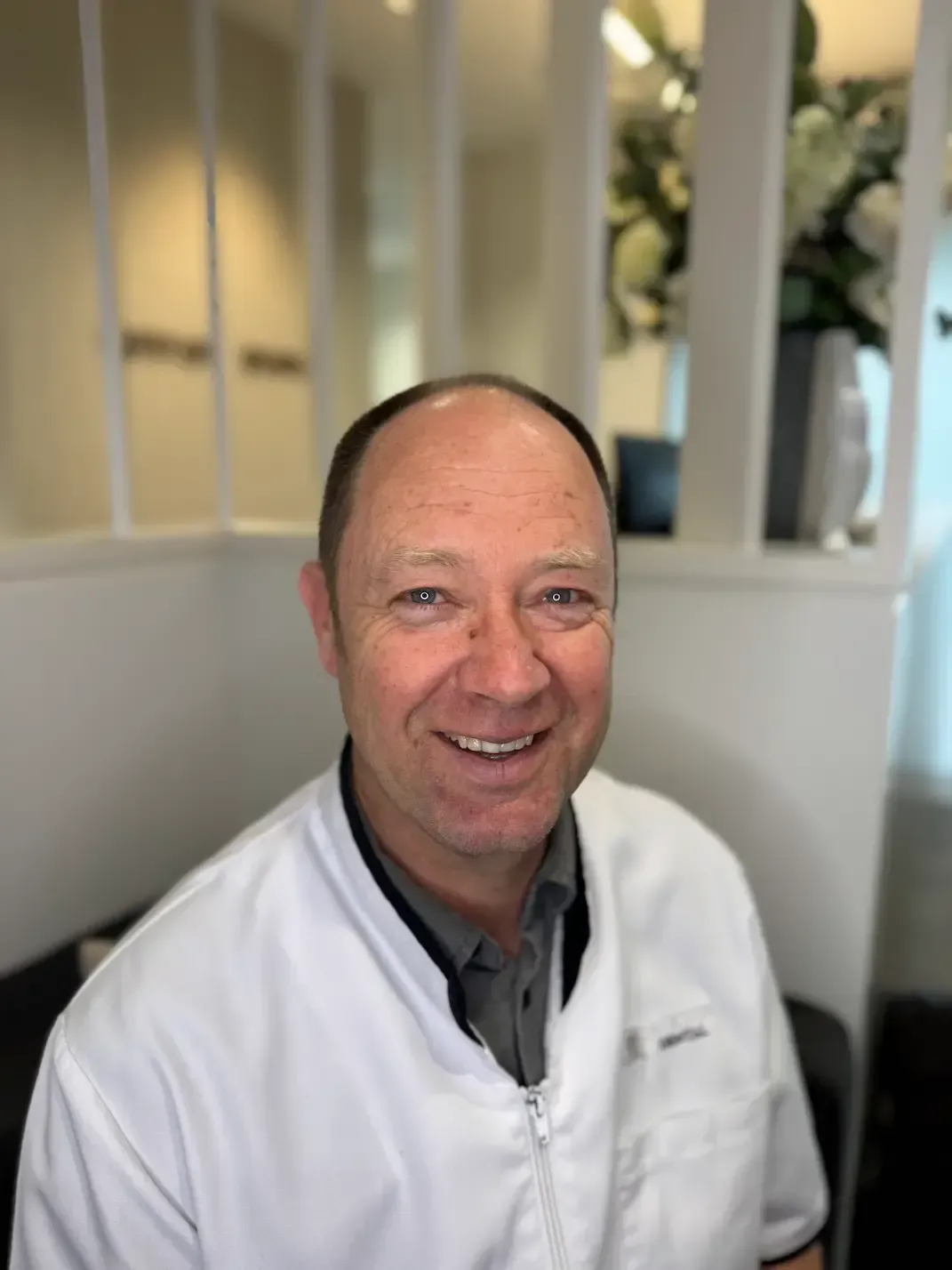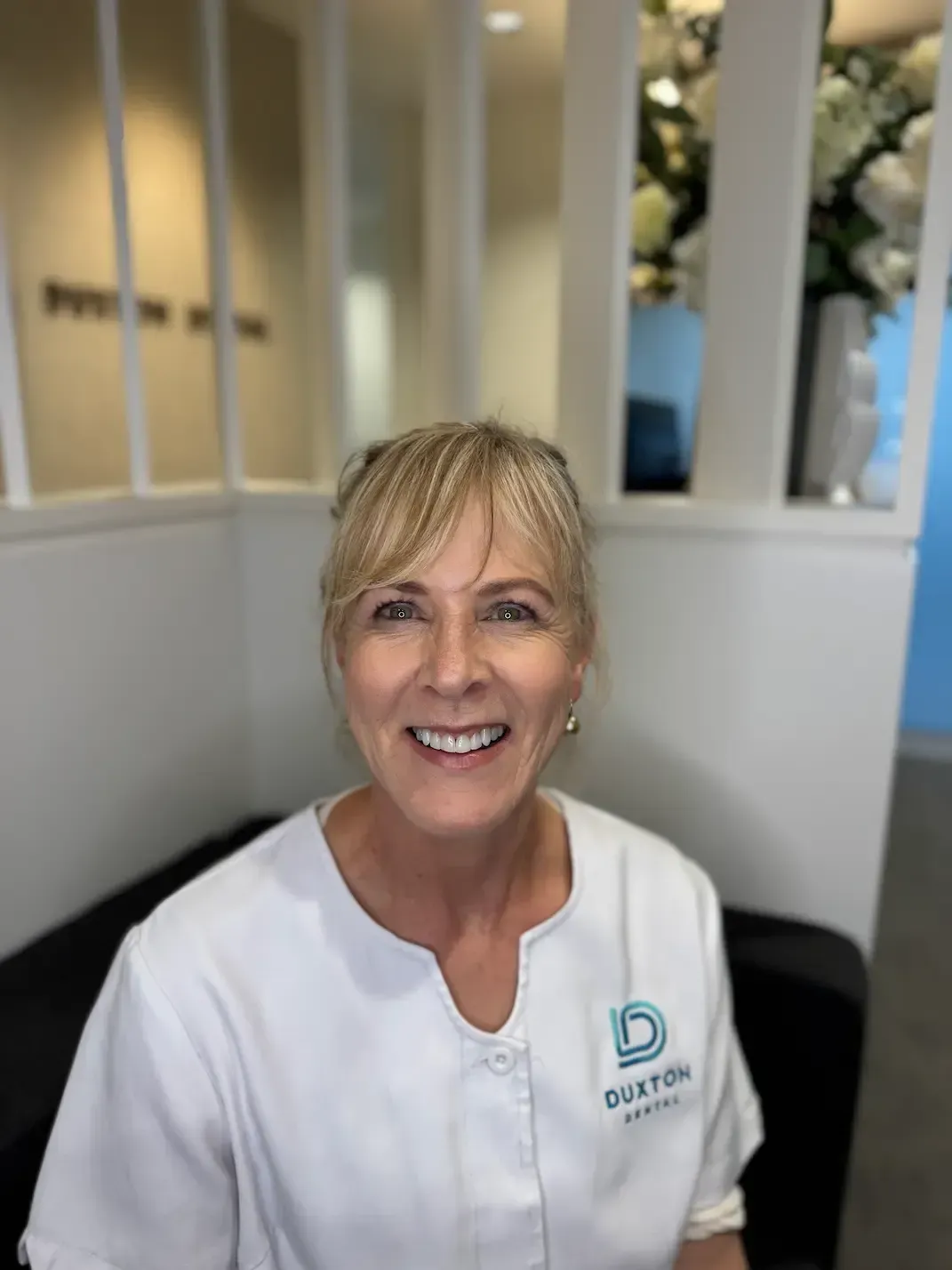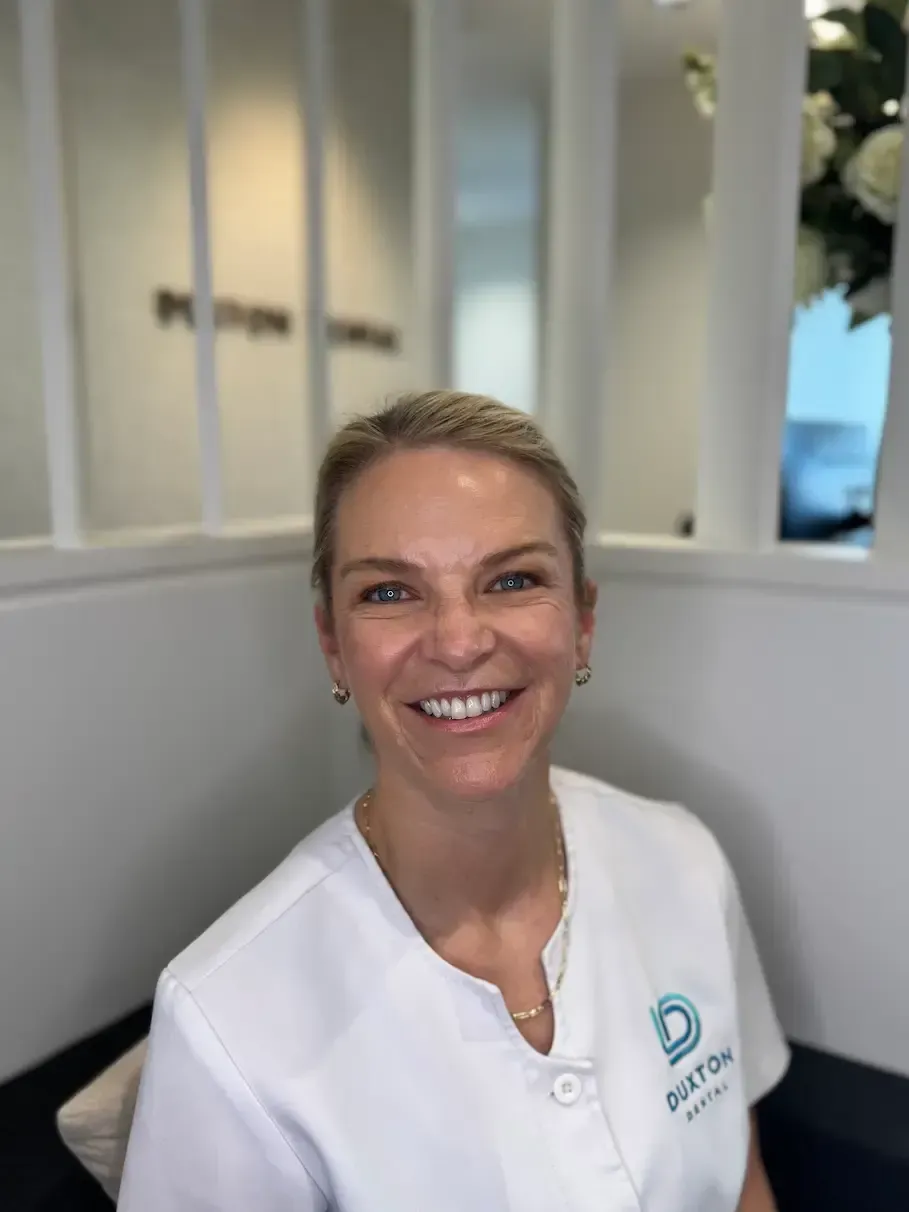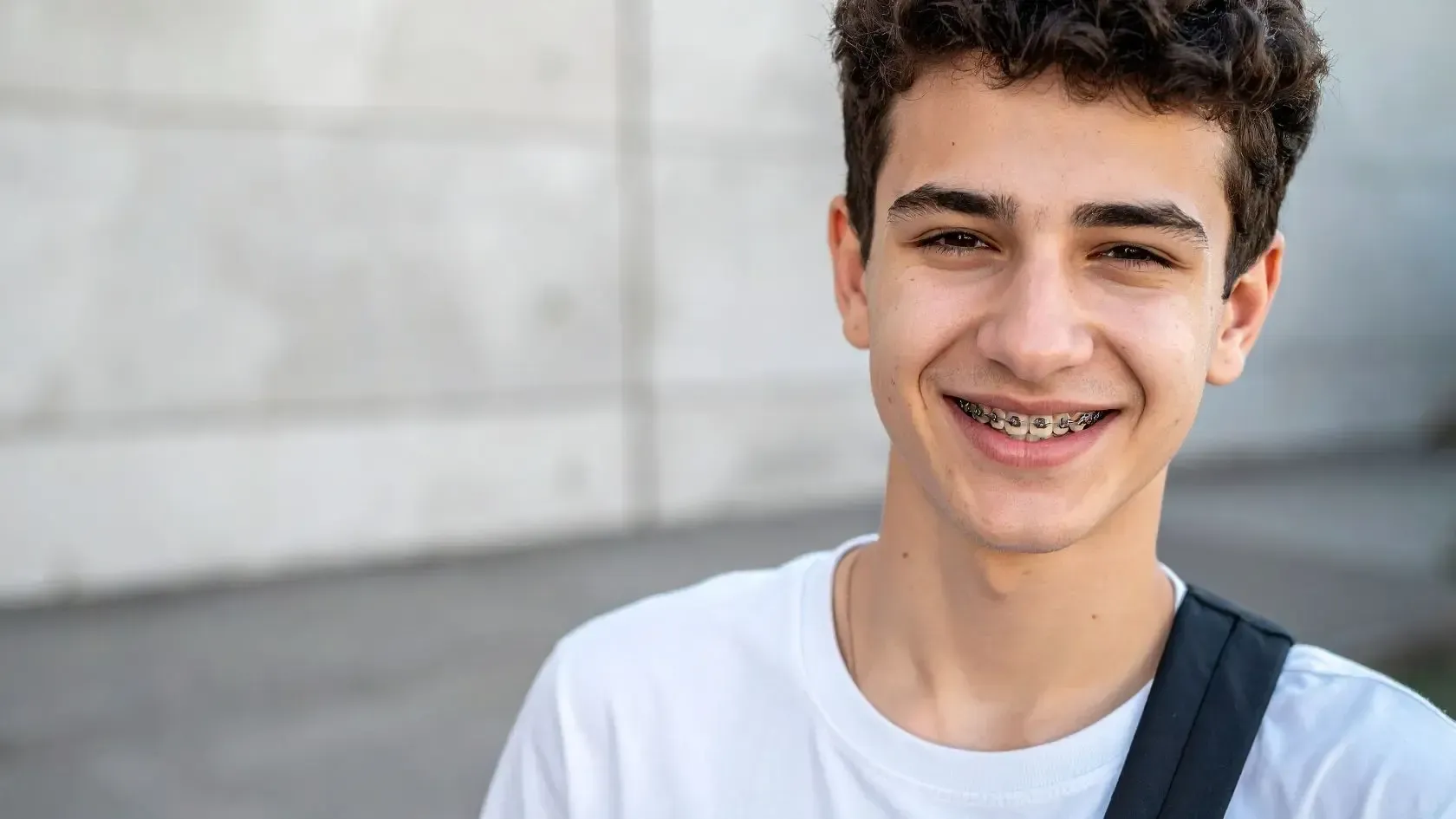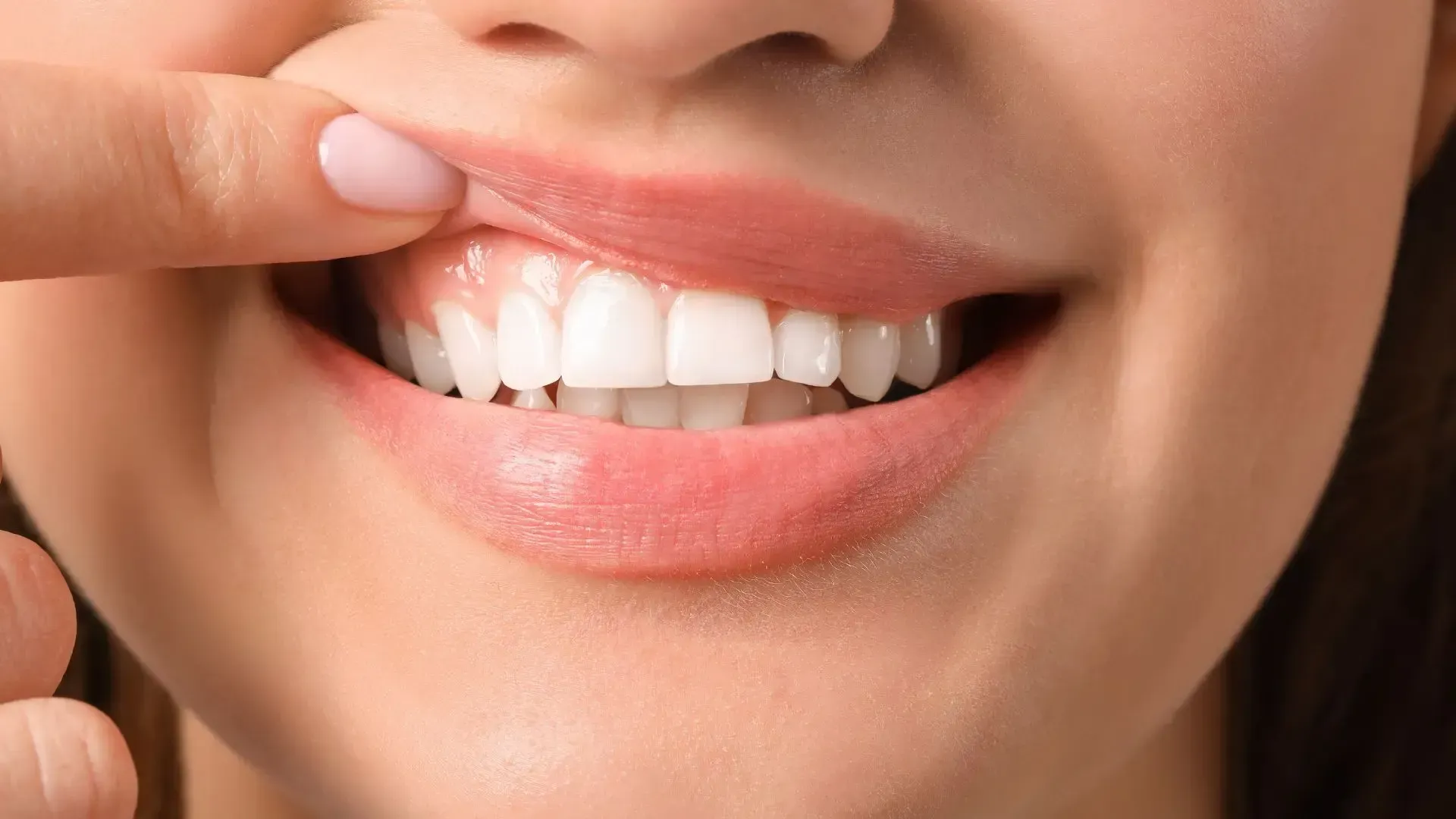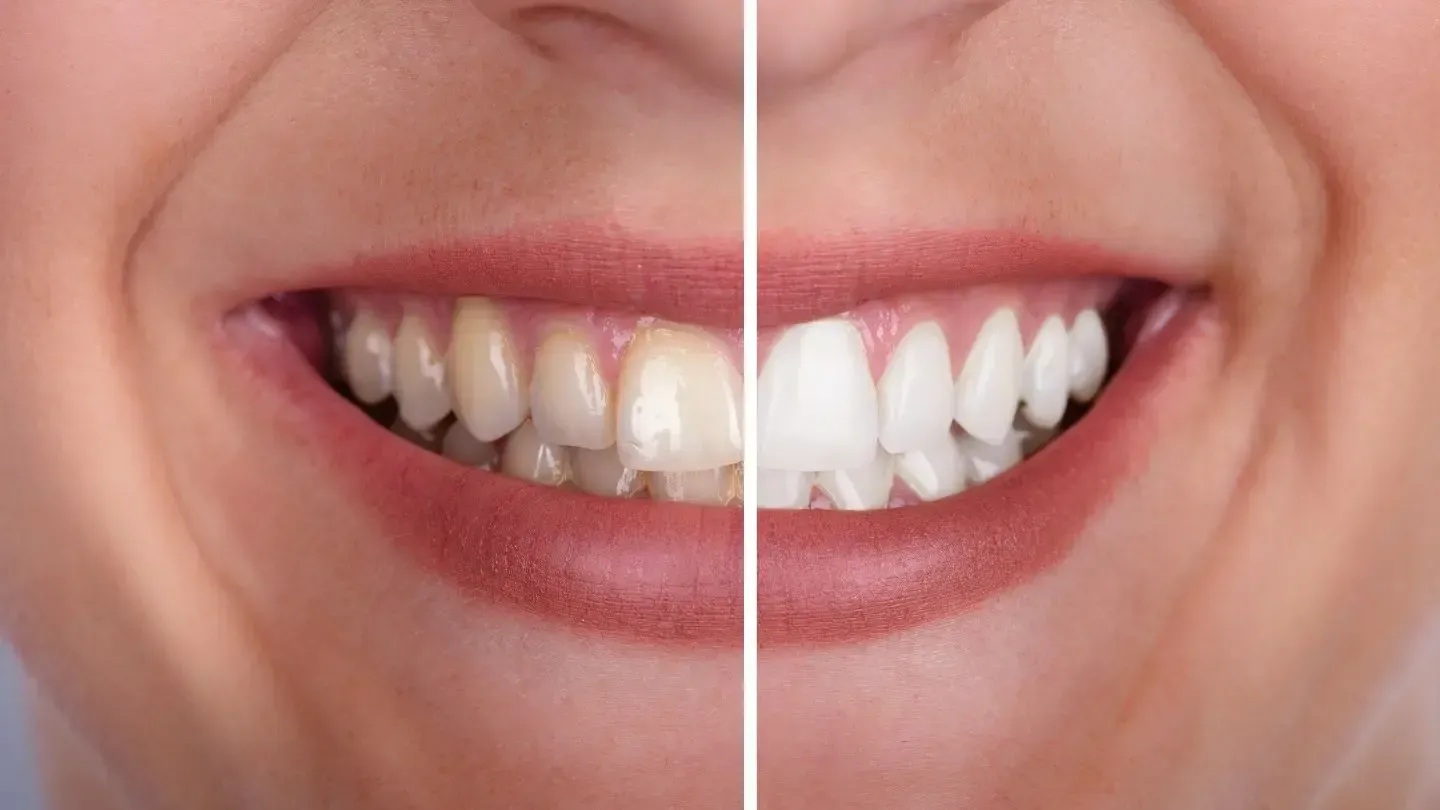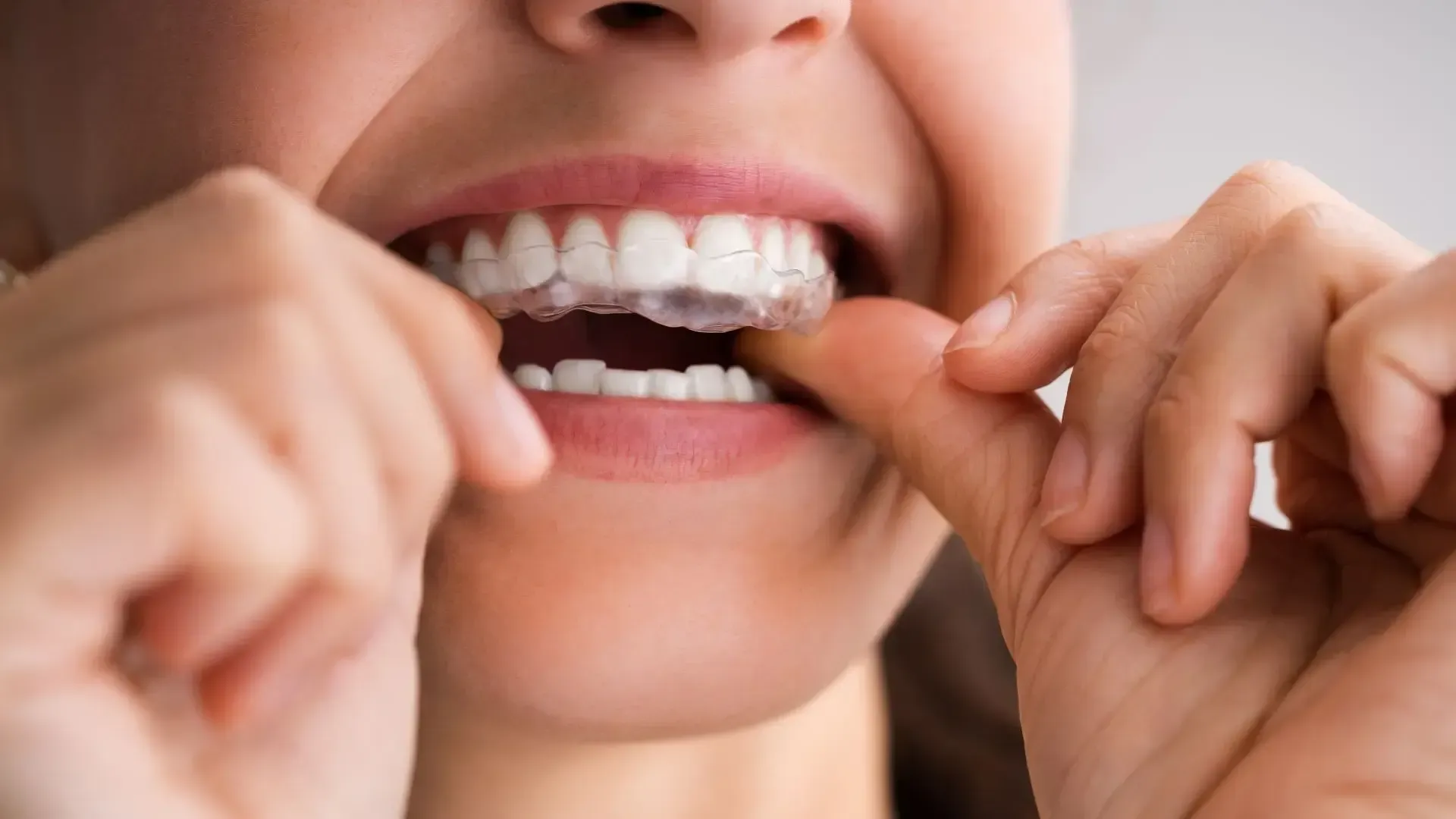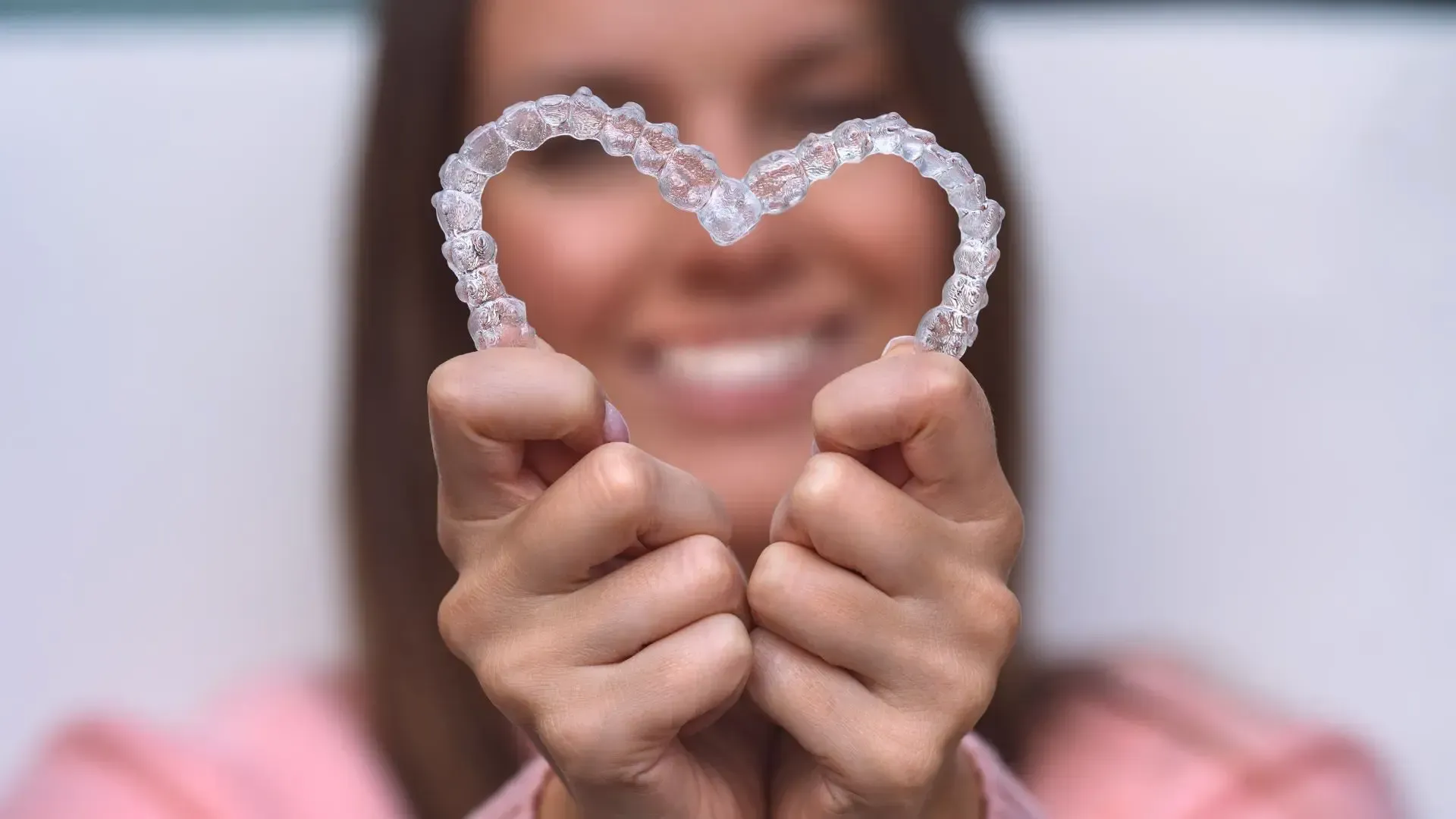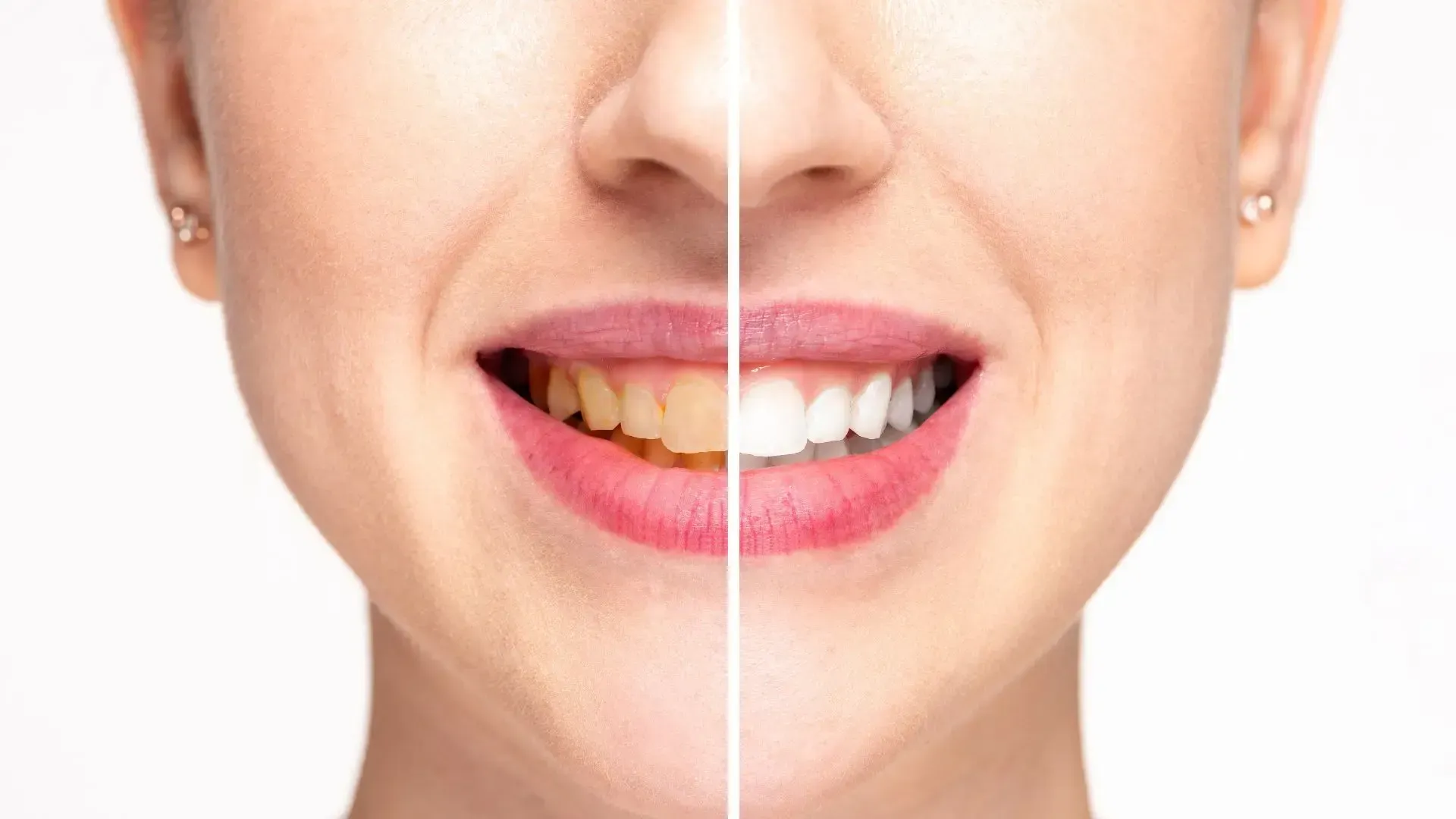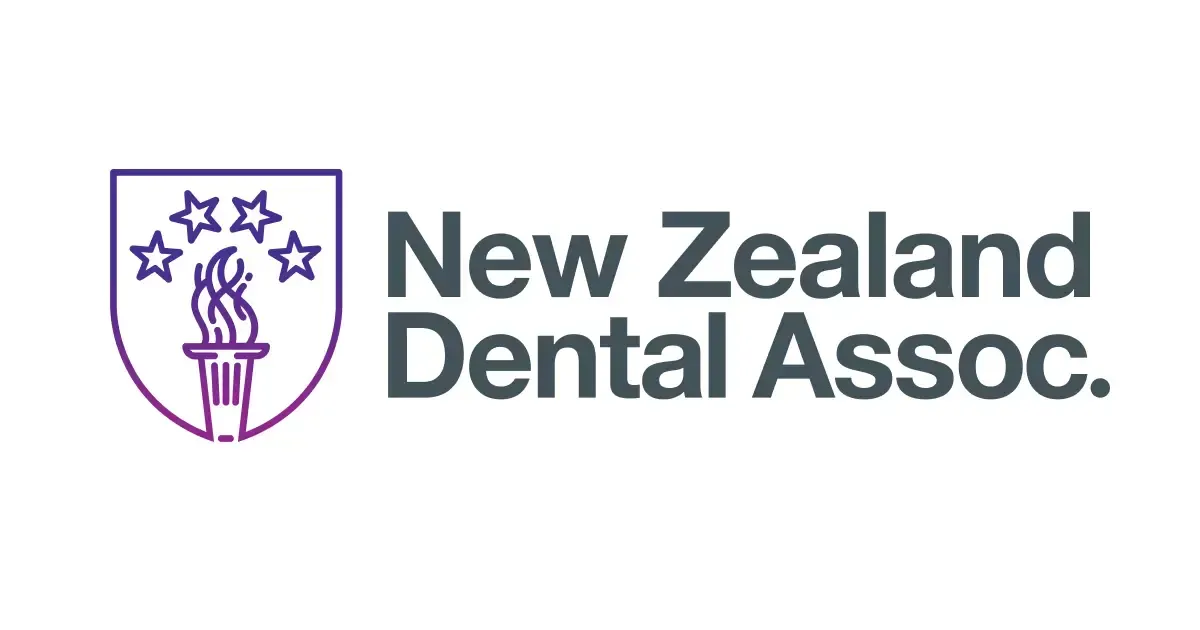Help Teens Adjust to Metal Braces: Tips & Advice
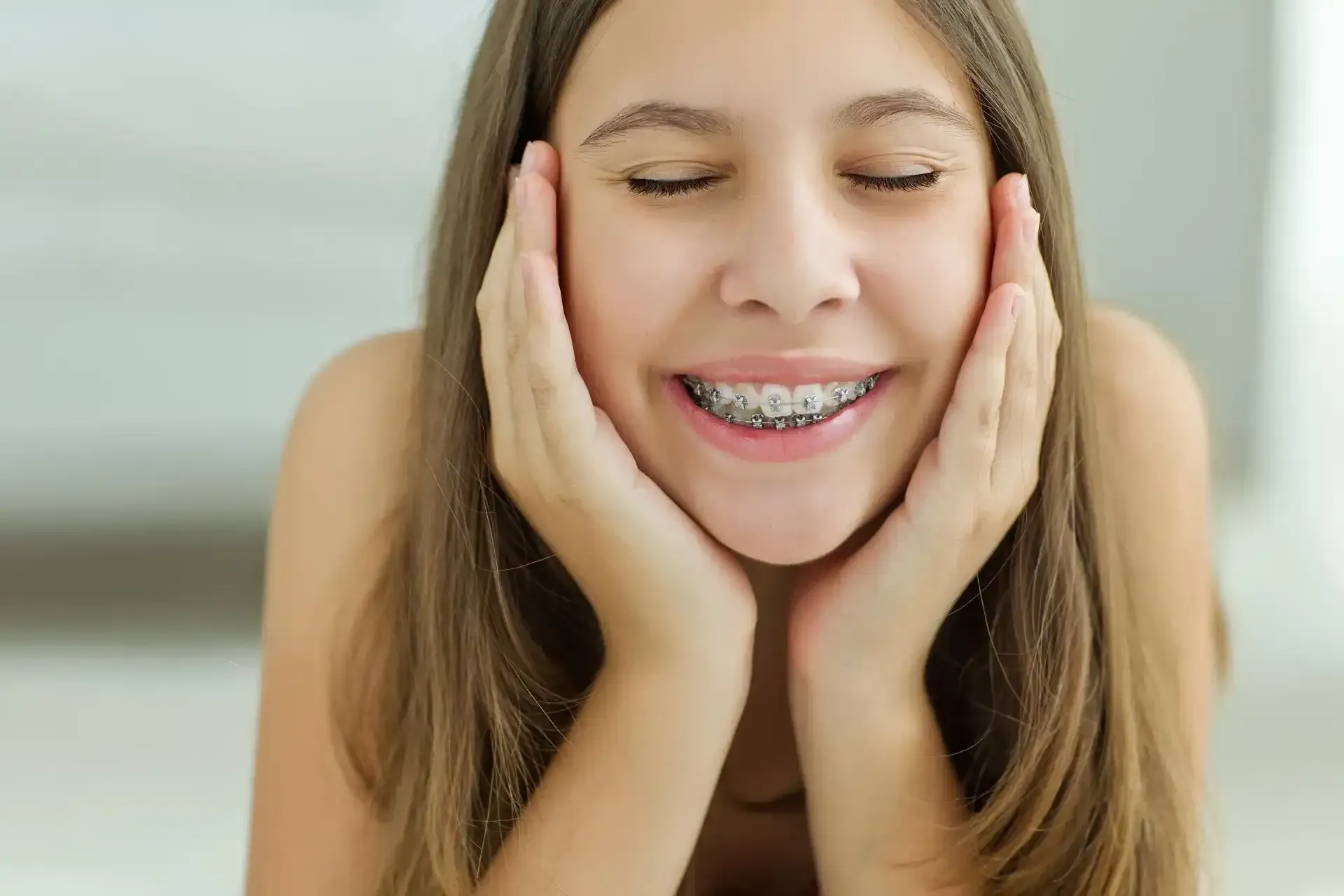
The teen years can be more parenting-skills intensive than when they were toddlers. As children edge towards independence, spending less time at home and taking influence from external sources, it can be a challenging time for parents.
Adding orthodontic braces to the mix can lead to a delicate balance of nagging, frustration, and anger between the parent and teen. This can include questions such as will they follow the orthodontist's dietary advice, will they keep the braces clean enough, and take proper care of them?
The best time to get braces is during the adolescent years; the adult teeth are present but have not yet fully finished settling into the jaw. Misaligned teeth suffer from more strain during the eating process, are more susceptible to tooth decay and more likely to break and chip. Taking positive action now to correct your child’s teeth with an orthodontic brace is gifting them a killer smile but also greater oral and general health for the future.
Getting braces as a teen is now a rite of passage, there will always be other kids in their class with braces. Modern orthodontic braces are very different to when you were a child. Using the latest dental innovations and technologies, braces are now:
· Barely seen due to the use of elastic bands rather than metal wires
· More comfortable due to enhanced digital mapping of the mouth pre-fit and the use of elastics
· More effective due to enhanced digital mapping of the mouth - every adjustment makes a difference which means a potential shorter wear time
But this does not mean it’s plain sailing - they still need to get used to wearing braces. If your teen is having trouble adjusting, there are ways you can help them - without drama.
Prepare brace-friendly meals, packed lunches, and snacks
The dentist gives clear instruction about the foods and drinks someone with braces needs to avoid. This is likely the first time your teen has had to think about their diet and the foods they eat. No more grabbing an apple to eat on the way out to school, no corn cobs, no chewing gum, or caramel etc., so help them out and as a family eat brace-friendly meals. A frustrated hungry teen is not a happy teen.
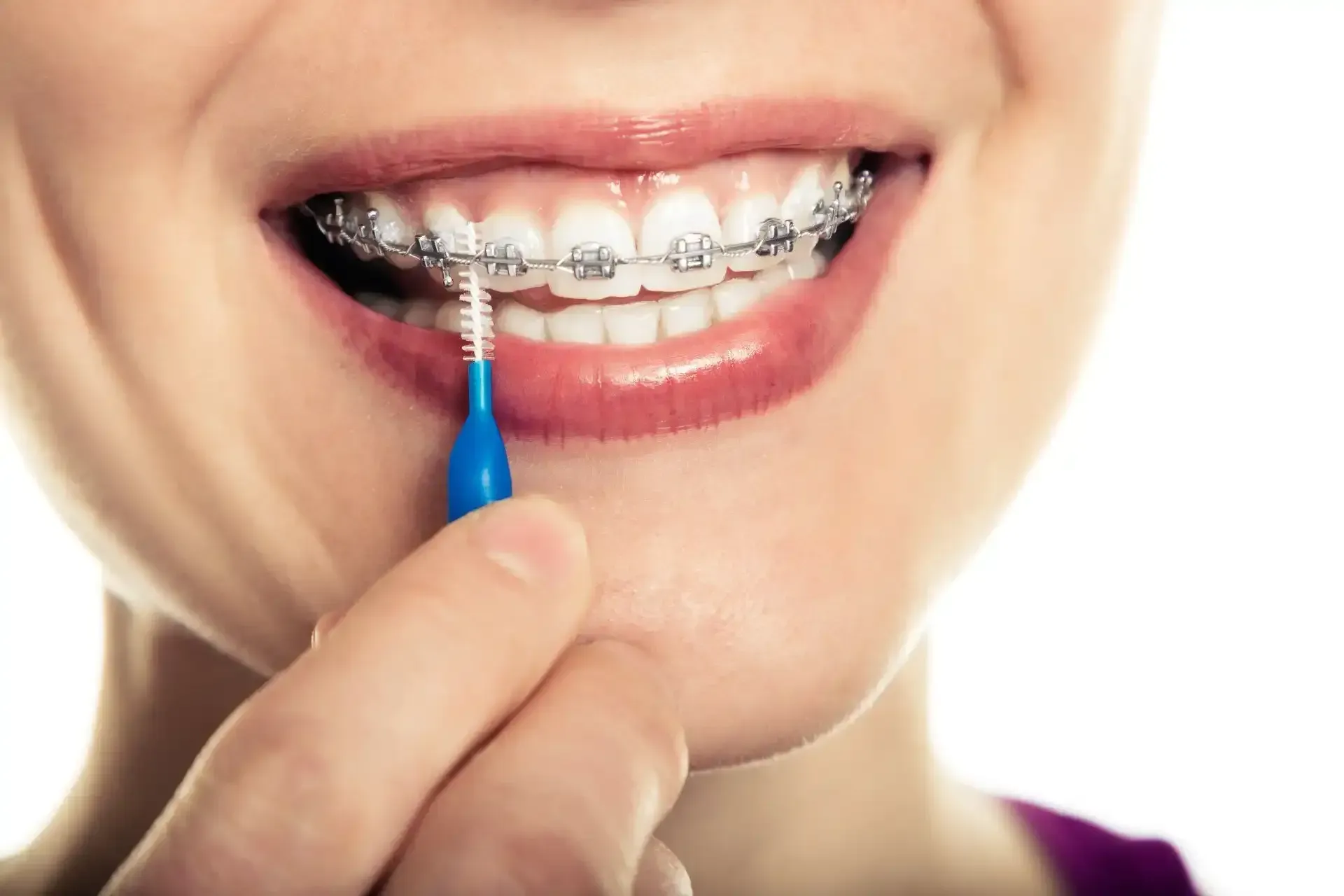
Help develop the brace cleaning routine
Not all braces are as low maintenance as the Invisalign orthodontic brace and require diligent cleaning and often with a variety of brushes to really clean between the wires. In the teen’s time zone this cleaning regime is lengthy and difficult, but for the good oral and dental health, it is vital. An electric toothbrush is a great investment to help your teen’s brace cleaning routine and adjust to life with braces
Encouraging your child to stick to a dental routine is the most effective way to help make it a habit. This means standing with them (as opposed to over them) and chatting with them while they do it - relaxed and informal, guiding rather telling.
Listen to worries about their braces
There’s nothing quite as brutal as childhood bully, and some teens are worried about how their peers will react to their orthodontic braces. This is the time to reassure them about the long-term benefits of their braces and ask them how they think about people they know with braces - 9 times out of 10 they will reply they feel no differently.
Typically, after the first time their peers see your child with braces, there are no more comments - it becomes old news quick.
If your child experiences bullying behaviour about their braces, escalate the problem to the school or the bully’s parents. Living with orthodontic problems should not make life harder.
Help with brace pain
When braces are first applied or when they are adjusted there can be pain. Not a full on, debilitating pain, more of a temporary tightness and feeling of being uncomfortable. Helping with the pain is a big part of helping them adjust.
Give them an appropriate painkiller 20 minutes before their appointment and afterwards until the pain subsides. A bowl of ice-cream usually does the trick too!
If the pain continues, book an appointment with the orthodontist.
Duxton Dental fit orthodontic treatment with braces in our Riccarton dental clinic and have helped hundreds of teens over the years - if there’s a teen reaction to having orthodontic treatment, we’ve seen it. These hints and tips help with the adjustment to life with a brace, but if you would like more advice or guidance about orthodontic treatment, contact us today and call 03 348 5488 to make an appointment.

